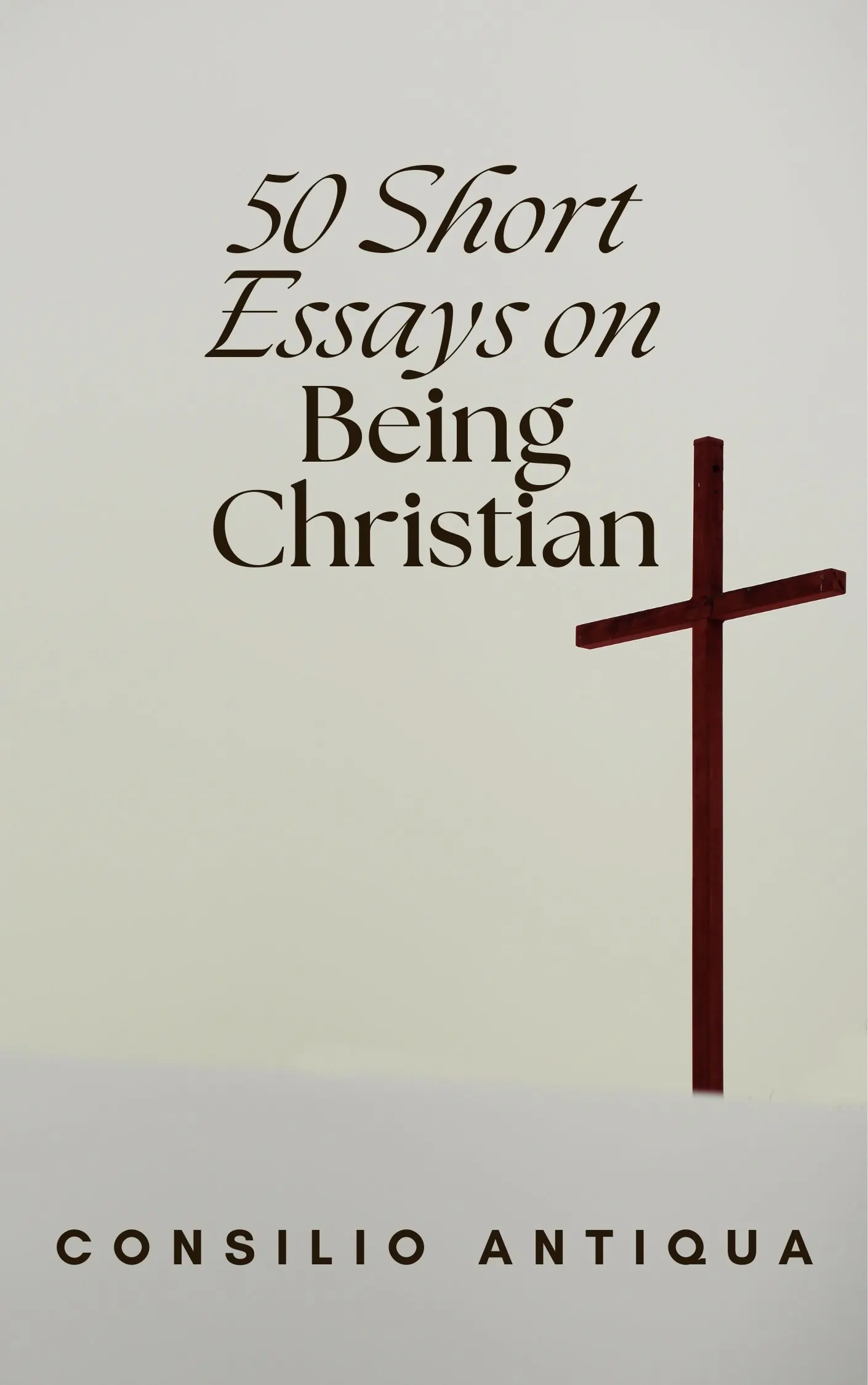
50 Short Essays on Being Christian | Chapter The Practice of Confession
Chapter The Practice of Confession
Vulnerability as a path to healing
A Path to Healing?
What is confession, truly? Is it a ritual, a performance, a necessary act of cleansing? Or is it something more, something less tangible, a quiet acknowledgment of our shared human imperfection?
In the Christian tradition, confession often takes the form of a formal act, a moment of vulnerability where we lay bare our sins before a priest or a higher power. But what about the confessions we make to ourselves, the silent apologies whispered in the darkness, the unspoken truths that haunt our waking hours? Are these not confessions too, carrying their own weight of guilt and longing for release?
Imagine a heavy cloak, woven from the threads of our unspoken words, the secrets we carry, the burdens we refuse to relinquish. This cloak, at first, might offer comfort, a familiar weight against the chill of the unknown. But as time passes, the fabric grows heavier, the threads tangle, suffocating us with their silent weight.
Can confession, in its many forms, be the act of shedding this cloak, of untangling the knotted threads and allowing the light of honesty to seep in? Can vulnerability, the act of exposing our weaknesses, be the key to healing?
The Christian faith speaks of a God who sees our hearts, who knows our deepest secrets. But what if, instead of seeking absolution from an external power, we turned inward? What if confession became a dialogue with our own inner selves, a space where we could acknowledge our flaws, embrace our imperfections, and begin the process of forgiveness?
The Language of Silence
Perhaps confession isn't always about words. Perhaps it's about the silence we keep, the moments we choose to pause, to listen to the whispers of the heart, to confront the shadows that lurk within.
Is confession, in its essence, a journey of self-discovery, a recognition of our own humanity, the acceptance of our flaws and limitations? Can it be a path toward understanding, not just of ourselves, but of others too? By acknowledging our own fallibility, can we see the humanity in those who stand beside us, those who share our capacity for both darkness and light?
The Weight of Forgiveness
And what of forgiveness? Is it a gift we receive from a higher power or a gift we give to ourselves? Do we need to forgive others before we can forgive ourselves? Or is the process a circular one, a tangled web of shared vulnerabilities that weaves its way through our hearts and minds?
Perhaps, in the end, confession is not about achieving a state of perfect purity. It's about acknowledging our imperfections, embracing our vulnerabilities, and finding the courage to face the shadows within. It's about understanding that we are all on a journey, a path paved with both darkness and light, and that the act of confession, in whatever form it takes, can be a powerful tool for healing and growth.
A Fragile Truth
And so, the question remains: Is confession a path to healing? Perhaps it's not a straightforward answer, a singular path with a clear destination. It's a process, a journey of self-discovery and acceptance, a dance between the light and the darkness within us all.
As we navigate the complexities of faith and life, may we find the courage to shed our cloaks of silence, to embrace the weight of our unspoken truths, and to find the grace to forgive, both ourselves and others.
